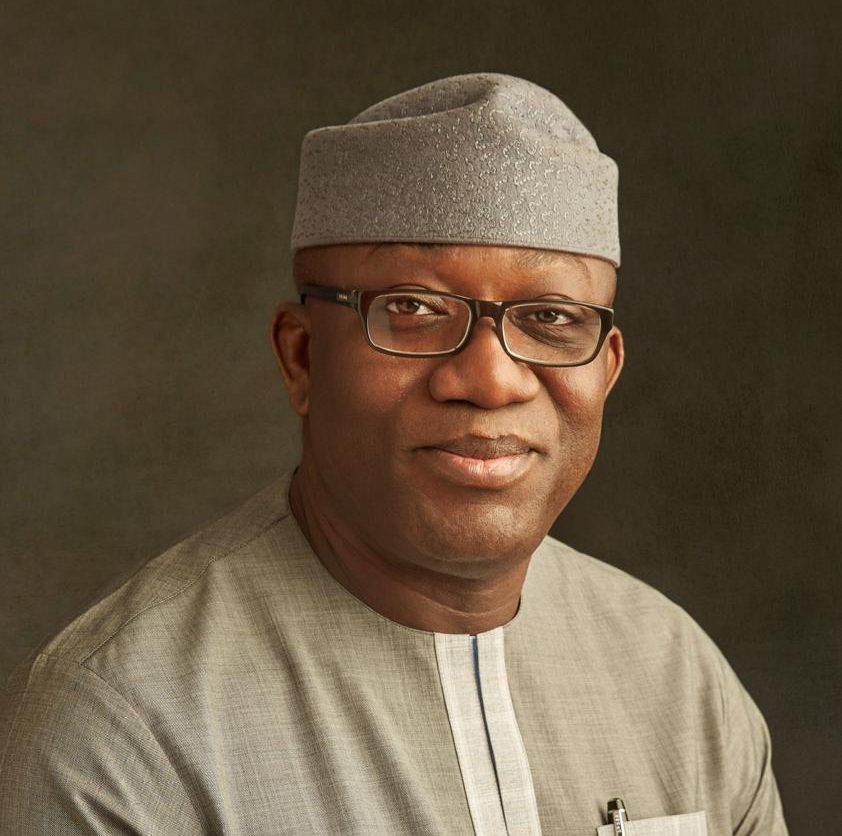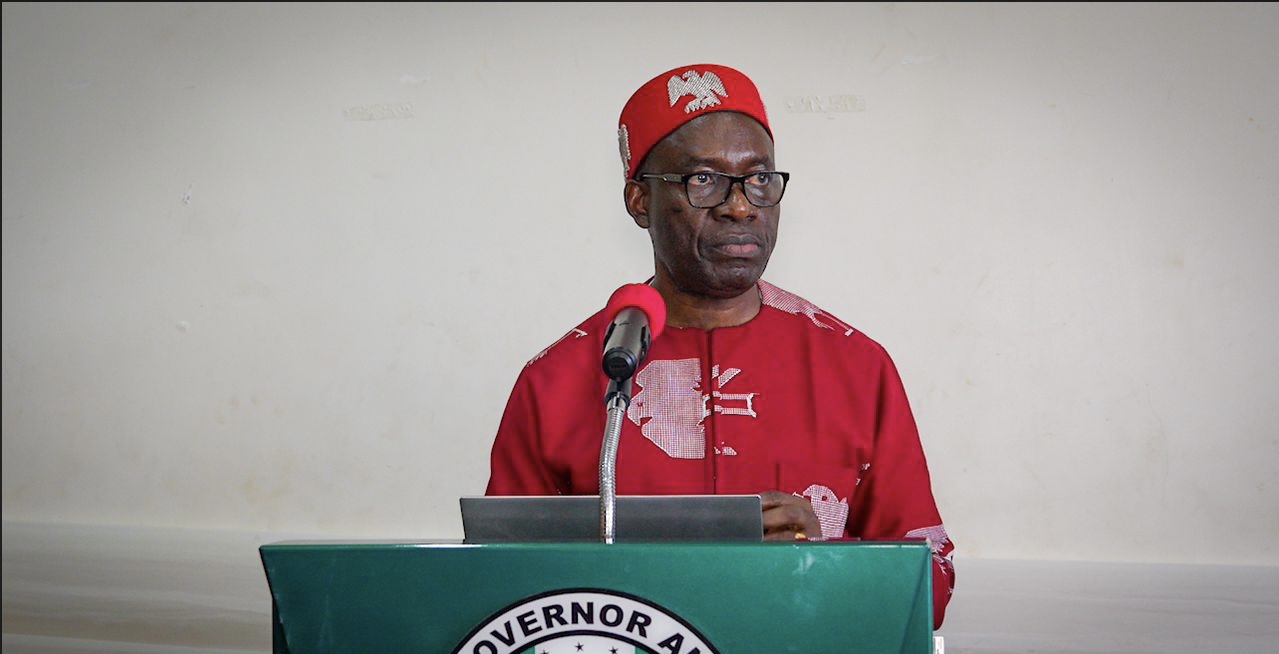Stakeholders from the House of Representatives, Ministry of Justice, and former Governor of Ekiti State, Kayode Fayemi, among others have renewed calls for more robust enforcement of the Freedom of Information Act, emphasising its critical role in promoting transparency, rebuilding public trust, and curbing misinformation in governance.
The call came during a media and civil society roundtable held on Friday in Abuja, focusing on the relevance of the FOI Act in promoting electoral transparency and accountability organised by the International Press Centre with the theme ’14 years of FOI Act: Addressing the challenges of compliance and usage.’
The spokesperson for the House of Representatives, Akin Rotimi, acknowledged public skepticism toward lawmakers and stressed the need for sustained collaboration between government, civil society, and media organisations.
Marking the second anniversary of the President Bola Tinubu administration and the upcoming midterm of the 10th National Assembly, Rotimi described the forum as an opportunity for reflection and renewed commitment to democratic principles such as transparency and accountability.
The spokesperson highlighted ongoing efforts by the House under Speaker Tajudeen Abbas to foster a more transparent legislature through technology and public engagement.
He announced that an open week, scheduled for the following week, will enable media and civil society representatives to directly interact with the House to assess its performance.
However, he criticised institutional lapses in implementing the FOI Act, particularly the Attorney General’s delay in submitting annual compliance reports required by Section 29 of the Act.
“One major area of concern is Section 29 of the Act, which mandates the Attorney General of the Federation to submit annual FOI compliance reports to the National Assembly.
“These reports, though they exist, are often submitted late and often lack critical information. This reflects deeper structural challenges. This status quo is unacceptable,” he lamented.
Rotimi called for greater investment in digital tools and partnerships to promote credible information ecosystems, stressing that transparency and accountability are constitutional obligations, not political favors.
“We must invest in and promote digital fact-checking infrastructure, publicly accessible government data, portals that preempt speculation. The application of truth must be our collective mission.
“The FOI Act is not merely a tool. It is a foundation for democratic accountability. Transparency is not optional. It is constitutional. Accountability is not a political favour. It is a democratic obligation,” he said.
The Attorney-General and Minister of Justice Lateef Fagbemi underscored the FOI Act’s importance in electoral transparency.
Fagbemi, represented by the Head of the FOI unit at the Ministry of Justice, Godwin Haruna, noted that the law, since its enactment in 2011, has empowered citizens, journalists, and civil society groups by allowing access to critical information such as campaign finances, voter registrations, and electoral results.
Fagbemi highlighted how the Act can improve electoral integrity by enabling scrutiny of campaign funding, voter registration data, electoral results, and the qualifications and conduct of electoral officers.
He encouraged Nigerians to utilise the FOI Act fully as a means to promote transparency and accountability without resorting to protests or riots.
The AGF appealed, “We do not need to riot. We do not need to protest. But before you can do any protest, you should be able to request for records from INEC. The use of this Act will encourage transparency and accountability in public sectors.”
Former Ekiti State Governor, Dr. Kayode Fayemi, urged civil society and media to move beyond mere access to information and focus on leveraging it to achieve genuine transparency and accountability in governance.
Drawing from his personal experience with the Act, he recalled how his asset declaration received significant media attention when he assumed office, which accelerated the domestication of the FOI Act in Ekiti State.
Fayemi cautioned against superficial use of information in the digital era, noting that access to information does not automatically translate to transparency or accountability.
Fayemi, who previously chaired the Nigeria Governors’ Forum, criticised the decline of investigative journalism and thoughtful civic engagement amid social media proliferation.
Reflecting on governance challenges, the former governor highlighted the lack of public awareness regarding budget implementation delays, questioning why prolonged absence of allocations in government budgets goes unchallenged.
He stressed that reforms must be sustained and that government openness should go beyond token gestures.
Calling on media and civil society to deepen their analyses and remain vigilant, Fayemi emphasised the need to support public institutions in fulfilling their mandates, noting that government transparency is a vital step toward transforming governance in Nigeria.
“We have information now but what use do we put that information to as civil society actors
“It’s not so much the letter of the law that is always important, it’s what we do with the law.
“Government has often been treated as a mythical entity before now and it is like an elephant. But opening it up through efforts like this is a step in the right direction,” he added.




